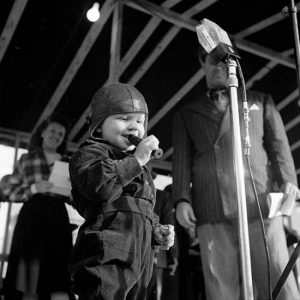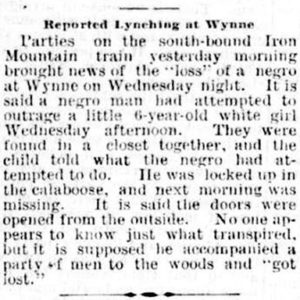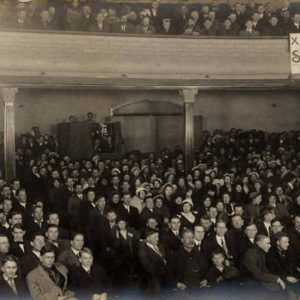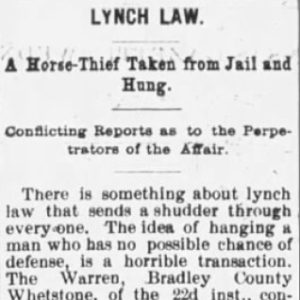Entry Type: Event
World War I
aka: The Great War
World War II
World’s Championship Duck Calling Contest
 World's Championship Duck Calling Contest
World's Championship Duck Calling Contest
 World's Shortest St. Patrick's Day Parade
World's Shortest St. Patrick's Day Parade
 World's Shortest St. Patrick's Day Parade
World's Shortest St. Patrick's Day Parade
World’s Shortest St. Patrick’s Day Parade
Wright v. Arkansas
Wright, Charles (Execution of)
 Wynne Lynching Article
Wynne Lynching Article
Wynne Lynching of 1892
 X-Ray Demonstration
X-Ray Demonstration
Yancey, William (Lynching of)
 William Yancey Lynching Article
William Yancey Lynching Article
Yell County with Skirmishes, Scout in
 Yellow Submarine
Yellow Submarine




